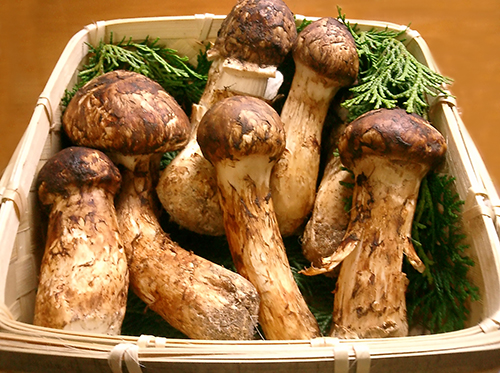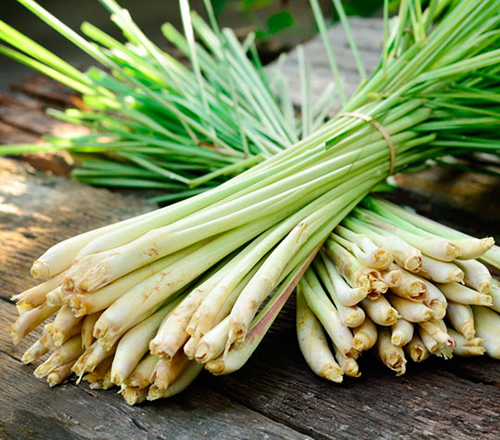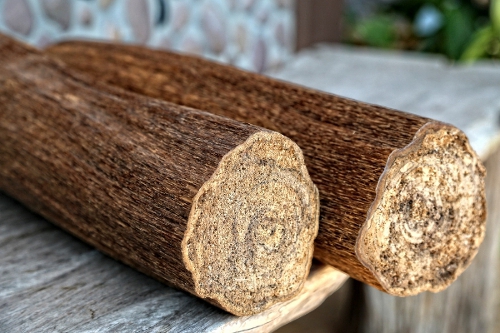Bhutan is whole-heartedly embracing organic farming. And while the governmental support over the years has helped farmers grow and produce vegetable and cash crops of all hues and flavors, a lot more needs to be done still in terms of educating people about organic food and their benefits. While there are a range of products being cultivated in the country, Little Bhutan has narrowed it down to the three most sought after goods that fetch top buck not just for the farmer, but for the country as well.
MATSUTAKE

Matsutake mushrooms, or Sangay Shamu as it is known as in Bhutan, are widely cultivated in Bumthang valley and have a high demand in countries like Japan, Singapore, Thailand and China. They fetch over US$ 100,000 in sales annually.
While Bhutan has favorable climate for these mushrooms, new research and training assistance from the government has helped farmers grow them indoors for most part of the year. The National Mushroom Centre in Thimphu oversees all mushroom cultivation activities in Bhutan. And, the centre has recently introduced new varieties of the fungus while training some 2,000 people in Matsutake harvesting technology.
Cultivating Matsutake mushrooms is not strenuous and it does not involve high investment either for the farmer. Therefore, it is an ideal cash crop. The most common cultivation method is to grow them on logs, especially oak.
Oak logs, about five to 10 inches in diameter, are drilled with holes and filled with mushroom spawns. Thereafter, the holes are sealed with beeswax. These logs need continuous watering till harvesting, any time between six to 12 months’ time. Each log can host about four harvests.
LEMON GRASS

Lemon grass is a largely cultivated natural resource in eastern Bhutan where it has made a significant contribution to better livelihood of farmers in many villages. The only Bhutanese company dealing with lemon grass cooperatives in the country is Bio Bhutan. Therefore, the company has invested heavily to provide technical assistance to farmers in order to ensure sustainability of the resource.
Lemon grass cooperatives sell their raw materials to Bio-Bhutan in tons every year at over Nu 600 per kilogram. The raw materials are then upgraded into fine products like pure lemon grass oil and air fresheners for export. As the company has been credited to have production practices that are in line with Bhutan’s nature conservation policies, you can rest assured that the finished products are organically certified.
The demands for finished lemon grass products are high in Europe, with Germany, Italy and Belgium topping the list. Of late, there has been a growing customer interest in parts of Asia as well.
AGARWOOD

Agarwood, a heartwood rich in aromatic raisins that form in Aquilaria trees in the subtropical belts of the country, is one of the rarest and valuable natural resources in Bhutan. Given its distinctive fragrance, it is used in incense and perfumes that are in high demand in India and the Middle-East. A liter of Agarwood oil can fetch up to US$ 30,000. In Bhutan, it is called Ogar Shing.
Agrawood is now found less in the wild but has survived prosperously in plantations across the country. A joint study carried out by the Department of Forests – Bhutan, and the World Wildlife Fund, found that Aquiliaria tress were almost extinct due to uncontrolled exploitation. Since the 90s itself, these trees have been listed as potentially threatened by the Convention on International Trade in Endangered Species of Wild Fauna and Flora. For the moment, exporting Agrawood is illegal in Bhutan.
In Bhutan, however, the trees were planted in the subtropical regions only in the late 90s and therefore are not yet ready to be harvested. The Aquiliaria trees are also being grown in Nanglam by local farmers under social forestry programs initiated and supported by the Ministry of Agriculture. The National Institute of Traditional Medicine is the only organization that currently buys agarwood for medicinal purposes – with or without the agar raisin in it. In Bhutan, the agarwood has a special pride of place in altars and is often called the ‘Wood of God.’

